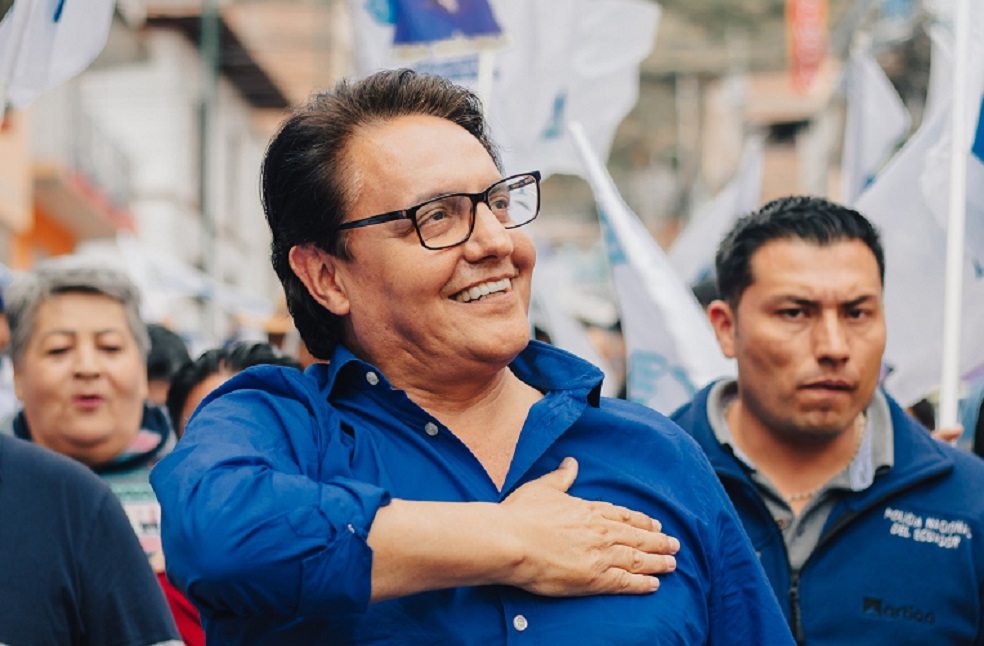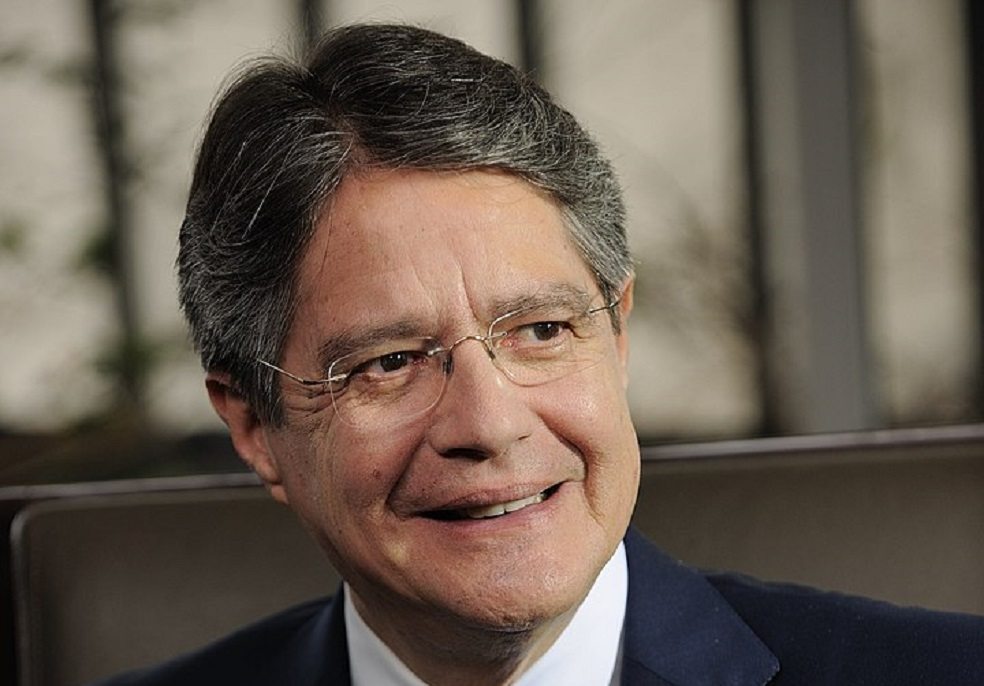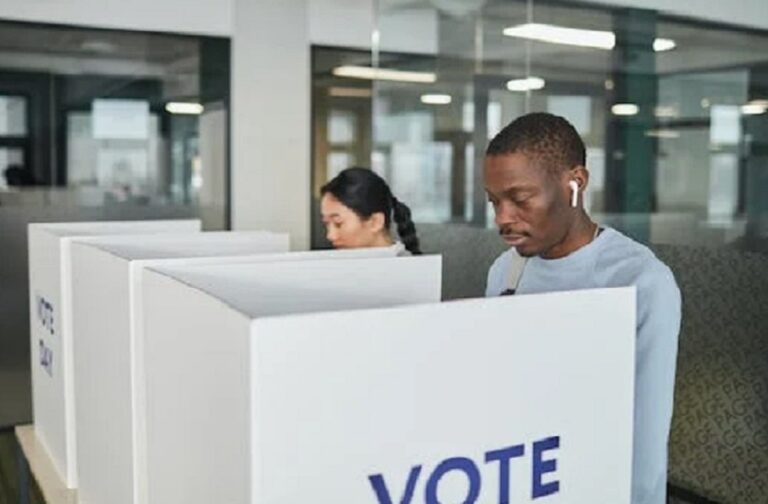Ecuador: Citizens in Ecuador have participated in presidential and congressional elections amid widespread violence. Around 100,000 police and soldiers were deployed to protect the polls.
According to partial results, left-winger Ms. Luisa Gonzalez and businessman Mr. Daniel Noboa took 33 percent and 24 percent of the vote, respectively, and will go through to a second round of voting. Earlier in August, a presidential candidate was murdered in the country.
The snap election was called after President Mr. Guillermo Lasso, a conservative former banker, dissolved parliament to avoid impeachment. The new president will take office on October 26 and will serve only the remainder of Mr. Lasso’s term, a year and a half.

Ms. Gonzales, an ally of leftist ex-President Mr. Rafael Correa, was seen as the frontrunner of the eight politicians vying for the presidency.
But the assassination of candidate Mr. Fernando Villavicencio on August 9 in the capital, Quito, made the election difficult to predict. Mr. Villavicencio’s assassination has placed the focus of the campaign very much on peace and security. Bulletproof vests were in evidence during the campaign, and many candidates dialed down their closing events. Mr. Villavicencio’s replacement, Mr. Christian Zurita, took 16 percent of the vote.

On August 19, gunfire erupted in a restaurant where conservative candidate Mr. Otto Sonnenholzner was having breakfast. The shooting happened in Guayaquil, Ecuador’s largest city, which has been overrun by drug traffickers. Mr. Sonnenholzner is not believed to have been the target, but the campaign has seen a surge in gang attacks. A similar shooting occurred during a rally held by fellow candidate Mr. Noboa. And a local politician was shot dead in northern Esmeraldas province.
Mr. Villavicencio was an outspoken journalist who had raised voice against corruption and denounced links between organized crime and officials. Six Colombian citizens have been arrested in connection with his assassination.



